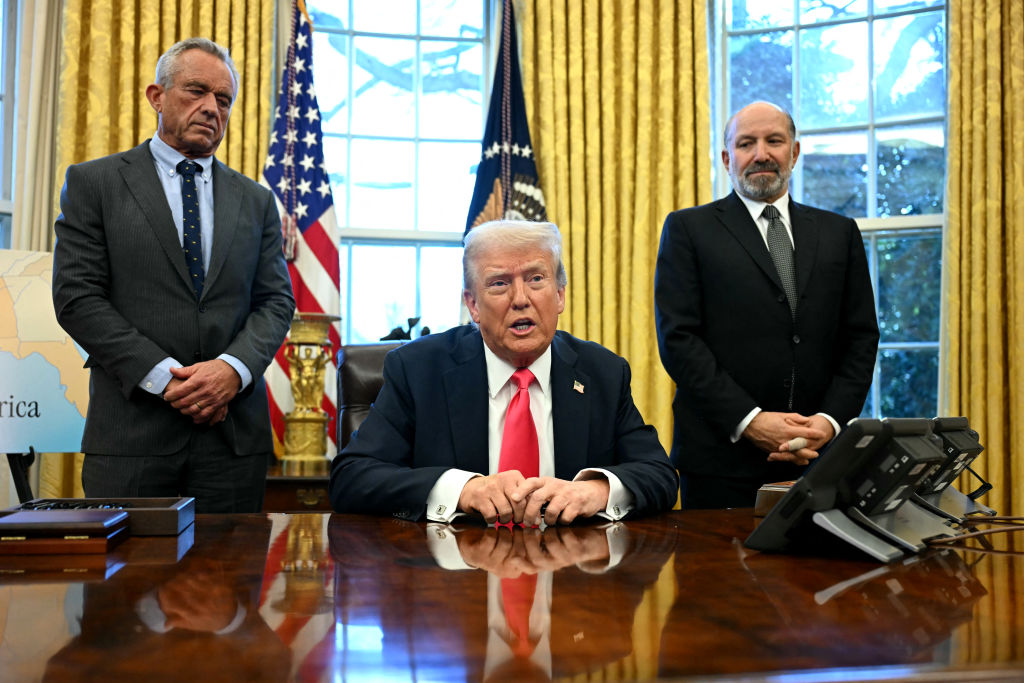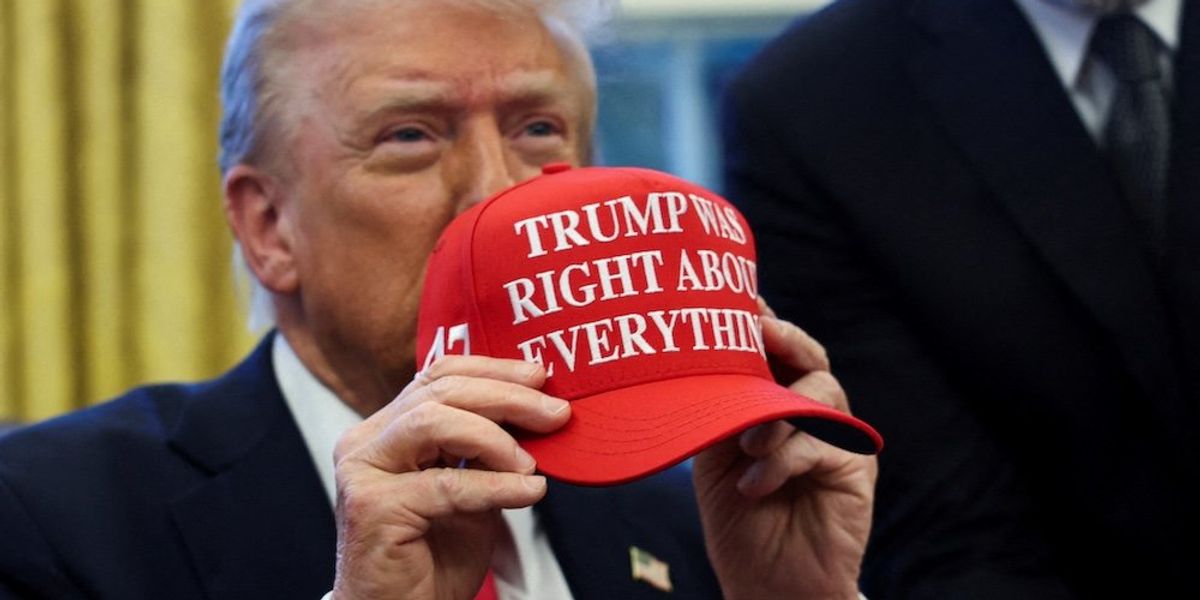Trump Proposes $5 Million 'Gold Card' Visa to Replace EB-5 Program
President Trump reveals a new 'Gold Card' visa to grant citizenship for a $5 million investment, replacing the existing EB-5 program.
Overview
President Donald Trump announced plans for a new $5 million 'Gold Card' visa for foreign investors, replacing the 35-year-old EB-5 program, which requires significant capital investments and job creation. The 'Gold Card' would provide a pathway to U.S. citizenship while maintaining the benefits of legal residency. Trump emphasized that this program aims to attract wealthy and successful individuals, potentially contributing to tax revenue and job creation. Commerce Secretary Howard Lutnick criticized the EB-5 program as flawed and fraudulent, expressing hope that the new visa scheme would benefit the U.S. economy.
Content generated by AI—learn more or report issue.

Get both sides in 5 minutes with our daily newsletter.
Analysis
- Trump's proposed 'gold card' would replace the existing EB-5 visa with a $5 million price tag, creating a way for wealthy individuals to gain citizenship and residency.
- The gold card aims to attract affluent immigrants who will contribute to the economy through investments and taxes, with projections of significant earnings for the government.
- Critics express concerns about the implications of allowing wealthy individuals, including foreign oligarchs, easier access to U.S. citizenship.
Articles (12)
Center (4)
FAQ
The main difference is that the 'Gold Card' visa requires a $5 million investment without a job creation requirement, whereas the EB-5 program requires a $1 million investment (or $800,000 in targeted areas) and the creation of at least 10 jobs.
President Trump suggested that the 'Gold Card' visa program would not require Congressional approval, though typically, Congress decides on immigration and citizenship criteria.
The 'Gold Card' visa is part of a global trend of 'golden visas,' where over 100 countries offer residency or citizenship through investment. Unlike some programs that focus on real estate, the U.S. program focuses on broader economic investment.
The Trump administration believes the program will attract wealthy and successful individuals who will contribute to the U.S. economy by spending money, paying taxes, and potentially creating jobs, which could help reduce the federal deficit.
History
- This story does not have any previous versions.








